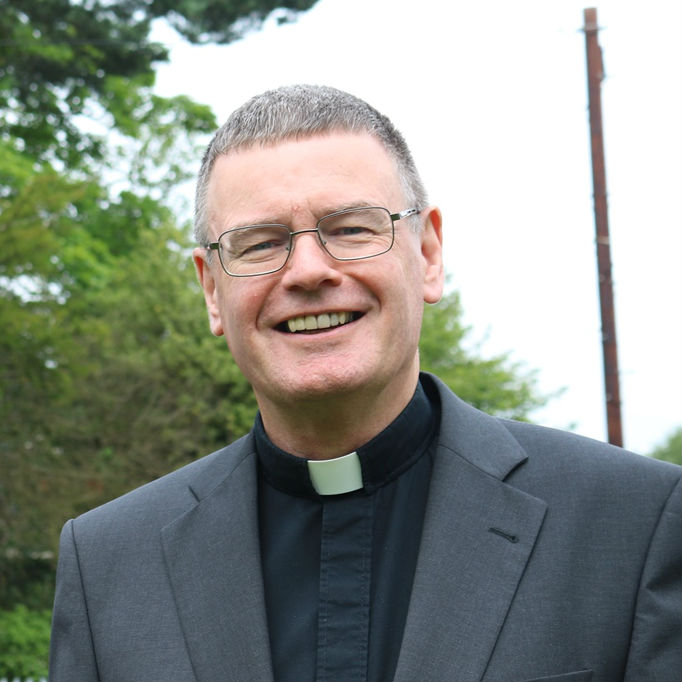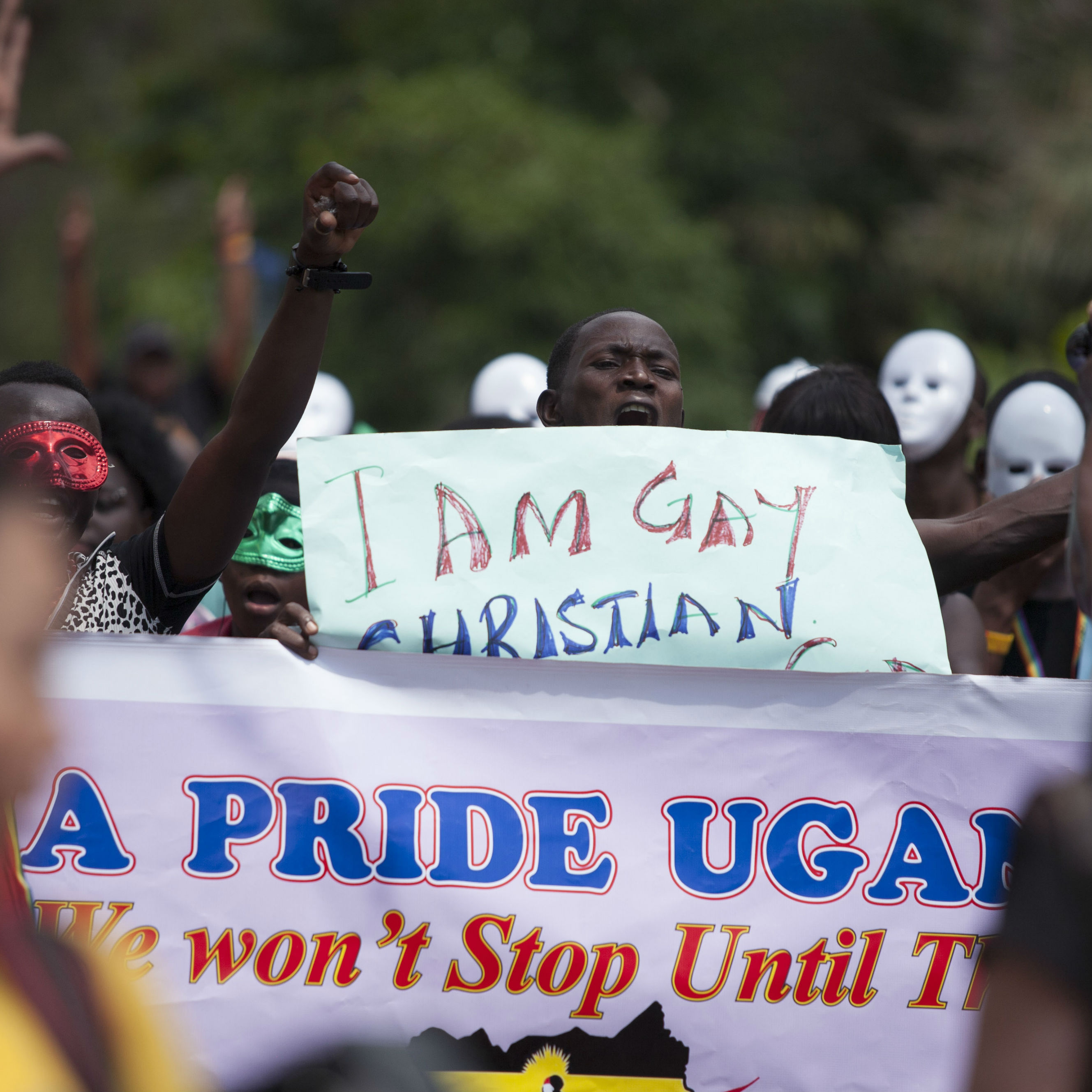A leading Catholic LGBT advocate in Uganda was among those arrested last week following a police raid on a gay Pride event.
On 4 August police broke up a fashion show taking place during gay Pride week in a nightclub in Kampala and arrested 20 people, including Frank Mugisha of Sexual Minorities Uganda.
Uganda's government will continue to suppress activities organised by the LGBT community, former Catholic priest and Ethics and Integrity Minister Simon Lokodo said, as he defended the police intervention. Homosexuality is illegal in Uganda, under a law established in 1950.
In 2009, a Ugandan MP introduced a bill that prescribed the death penalty as punishment for homosexual acts. The bill prompted international condemnation and a less severe version was eventually passed. The country’s Catholic bishops have been criticised for staying quiet on the issue.
Meanwhile in Tanzania, charities and non-governmental organisations supportive of gay rights will not be allowed to operate in new plans announced by the country’s justice minister.
The announcement comes days after a partial ban was imposed on the import and sale of lubricants in an attempt, according to the country’s health minister, to discourage men from having sex with each other and to curb the spread of HIV.
“It is estimated that 23 percent of men who have sex with men in Tanzania are living with HIV/AIDS,” the minister told local media.
Although same-sex acts are punishable by life imprisonment in Tanzania, there is no law prohibiting homosexuality.
The country’s politicians have, until recently, been relatively tolerant of the lesbian, gay, bisexual and transgender (LGBT) community. Yet, current efforts to enforce legislation suggest this attitude is shifting.
In his announcements yesterday (8 August), justice minister, Harrison Mwakyembe said that the ban on pro-gay charities will “help protect the nation’s culture.”
The regional commissioner of the country’s capital, Dar es Salaam, said he had started a campaign against gay people at a religious rally in July. Paul Mokonda, who was appointed to the role by president John Magufuli in March, said he would use social media to identify and arrest people suspected of being gay.
“If there’s a homosexual who has a Facebook account, or with an Instagram account, all those who ‘follow’ him, it is very clear that they are just as guilty as the homosexual,” he told the crowd.
Several arrests of men suspected to be gay occurred in the city’s nightclubs, following the announcements. People who had been openly posting about their sexuality on social media have stopped doing so, local media reports.
“Makonda has made people believe that it is now OK to hate LGBT people, especially gay men. He has planted a hate that was not there before,” James Wandera Ouma, the founder and executive director of LGBT Voice Tanzania, told the Guardian.
A local Tanzanian TV company was ordered by the government to apologise to its listeners in its news bulletin for five consecutive days, following the airing of a programme containing an interview with a gay man earlier in July.
The television station failed to protect Tanzanian values; children from negative influences and public morality, vice chairman of the Content Committee of the Tanzania Communications Regulatory Authority, Ruge Mutahaba, told Tanzanian reporters.
Anti-gay laws are in place in 34 out of the 55 African states recognised by the United Nations, as of 2015.
Amnesty International are concerned that lesbian, gay, bisexual and transgender rights are deteriorating across the continent.
Homosexuality is punishable by death in Sudan, Mauritania, Northern Nigeria and Southern Somalia. Adjustments to the law in Nigeria in 2014 made it illegal for heterosexual family members, allies and friends of LGBT people to be supportive.
According to Nigerian law, a heterosexual ally "who administers, witnesses, abets or aids" any form of gender non-conforming and homosexual activity could receive a 10-year jail sentence. In Uganda, Tanzania and Sierra Leone homosexual acts can be punished with life imprisonment.
There are, according to Amnesty International, currently 22 countries where homosexuality is legal. South Africa has the most liberal attitude to the LGBT community with a constitution that guarantees LGBT rights and legal same-sex marriage.




 Loading ...
Loading ...